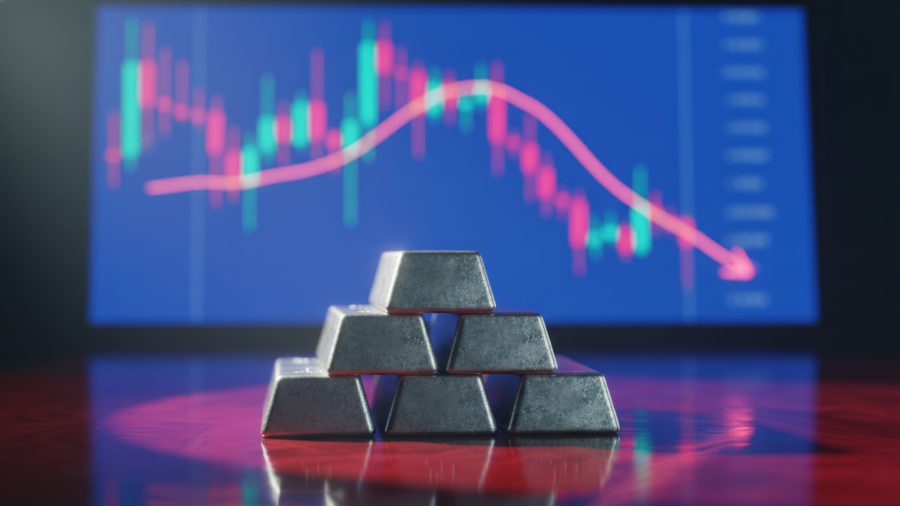Chile needs $150bn to boost green copper output, minister says

Mining powerhouse Chile needs $150 billion in investment to hit its goal to nearly double copper output by 2050, part of a bigger plan by the world’s top copper producer to ratchet up production while reducing environmental harm, the country’s mining minister told Reuters on Wednesday.
Energy and Mining Minister Juan Carlos Jobet on Tuesday announced a new national mining blueprint that aims to increase the traceability of copper produced in Chile, slash water use and bolster diversity at mining companies.
In a telephone interview the day after the announcement, Jobet, a former corporate financier who attended Harvard, unveiled details of the plan aimed at keeping Chile on the cutting edge of mine production as demand for metals copper and lithium soars globally.
Investors have long critiqued Chile for a morass of complex restrictions dating back to the country’s 1973-1990 dictatorship that have slowed development of the industry
Jobet said he expects Chile to churn out a record 7 million tonnes of copper annually by 2030 and 9 million tonnes by 2050, but says hitting that first target depends on a roster of 49 projects currently under consideration, representing $74 billion in investment. At least 70% of those projects, he said, must come to fruition to meet the 2030 production goal.
“It is an ambitious goal, but achievable if we do things right,” he said.
Global miners are keeping a close eye on Chile, long a magnet for investors, as the South American nation rewrites its dictatorship-era constitution – a key demand of mass protests in 2019 – and ponders a controversial proposal to vastly increase royalties on the sale of metals. Mining companies have warned both could have major impacts on future investment decisions.
Jobet told Reuters that hitting 9 million tonnes by 2050 “requires the materialization of $74 billion between 2030-2045,” for longer-term mine projects that often take decades to come to fruition.
“In that scenario…there is an expected increase in investment in exploration, more effective use of mine concessions and a portfolio (similar to the previous one) of copper projects,” he said.
Jobet said the government also planned “concrete steps” to attract new lithium miners – in additional to established producers Albemarle and SQM – by year’s end, but declined to provide details.
Investors have long critiqued Chile, the world’s No. 2 producer of battery metal lithium, for a morass of complex restrictions dating back to the country’s 1973-1990 dictatorship that have slowed development of the industry.
Jobet said he was “optimistic” that the 78 goals introduced in the new mining blueprint on Tuesday – many of which will require new laws, adjustments to existing legislation and agreements with miners – will survive into the next president’s administration following elections in November.
“It is a policy that will transcend this government,” he said, noting that more than 3,500 stakeholders had participated in creating the document, including some who oppose the current center-right government’s policies.
Jobet said the plan was “in line” with discussions taking place about mining’s contribution to state coffers, but said striking a balance was important.
“There is …agreement that there is a room for conversation about the contribution that mining makes to the country, which must be fair and commensurate with the importance it has, but it should not affect the competitiveness of Chile or [its ability] to attract investments,” he said.
(By Fabian Cambero and Dave Sherwood; Editing by Alistair Bell)
More News
{{ commodity.name }}
{{ post.title }}
{{ post.date }}




Comments